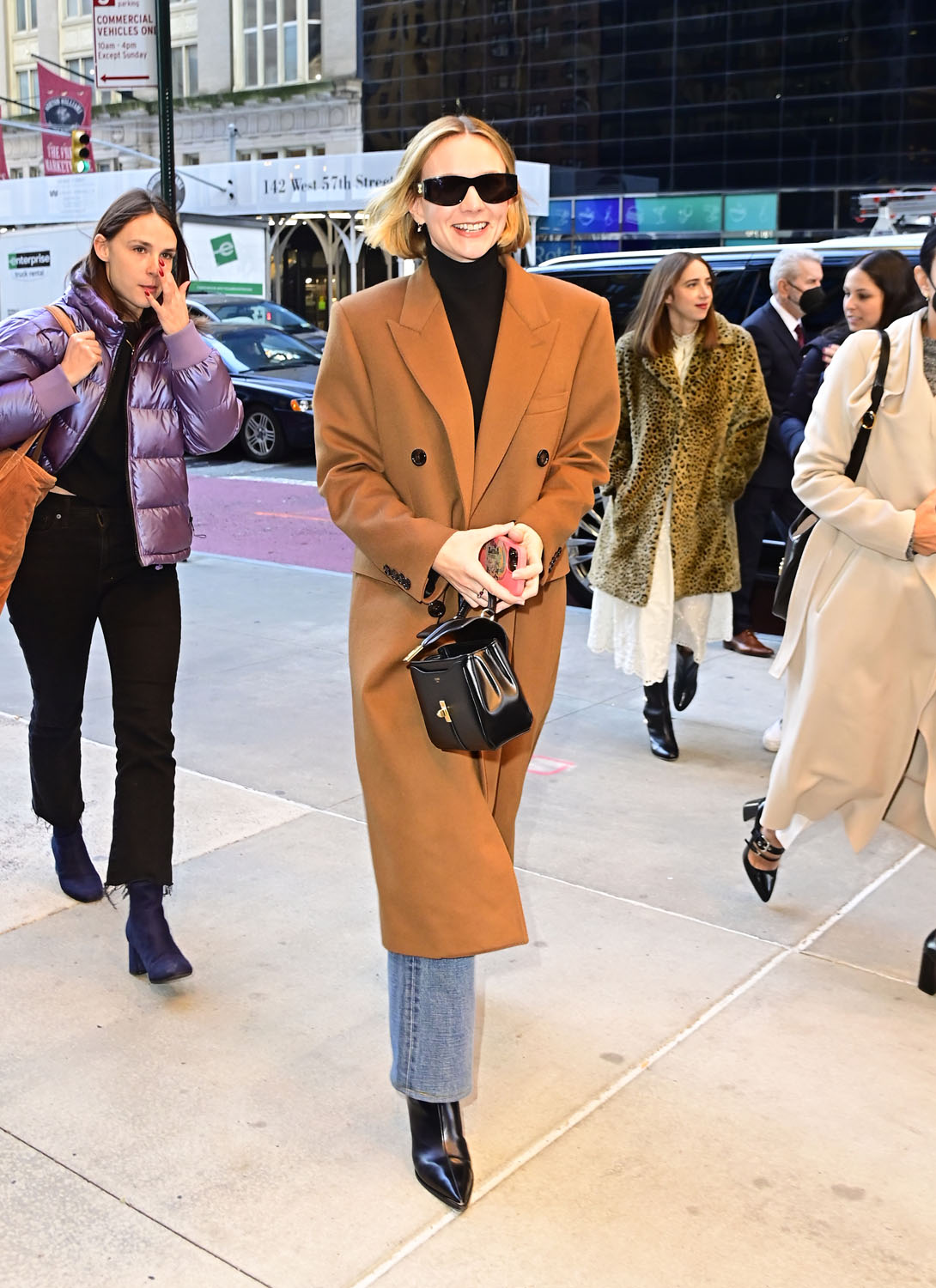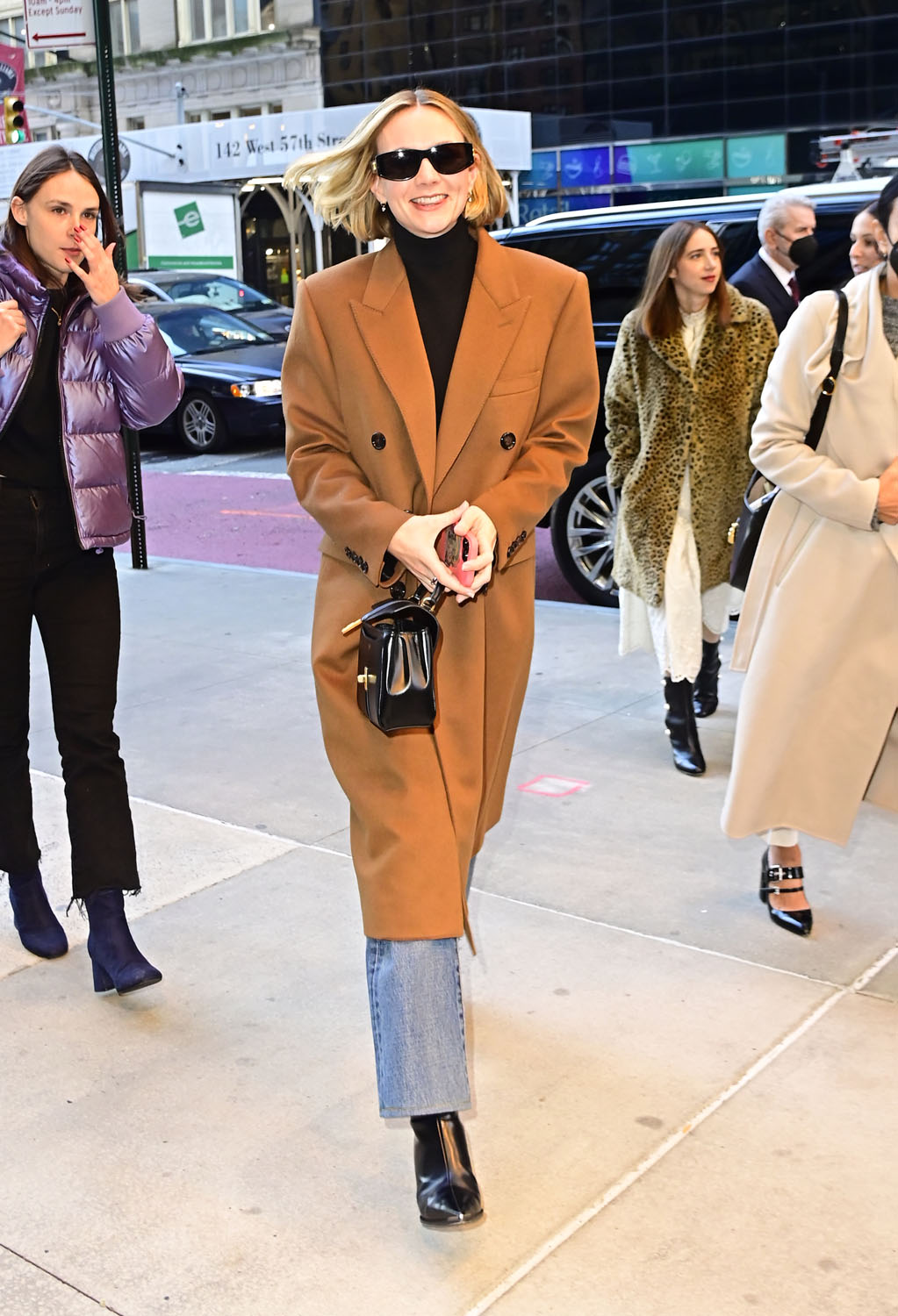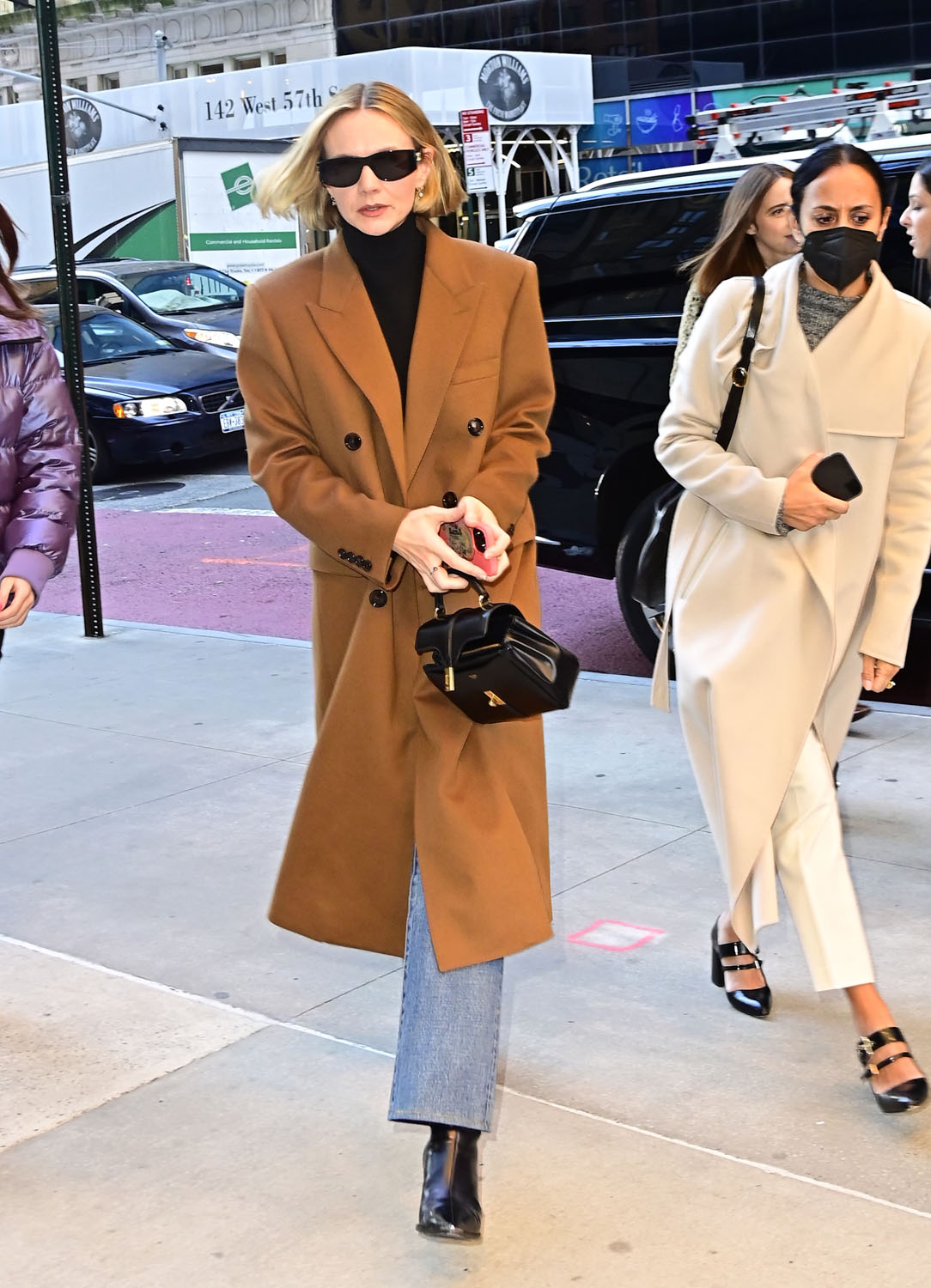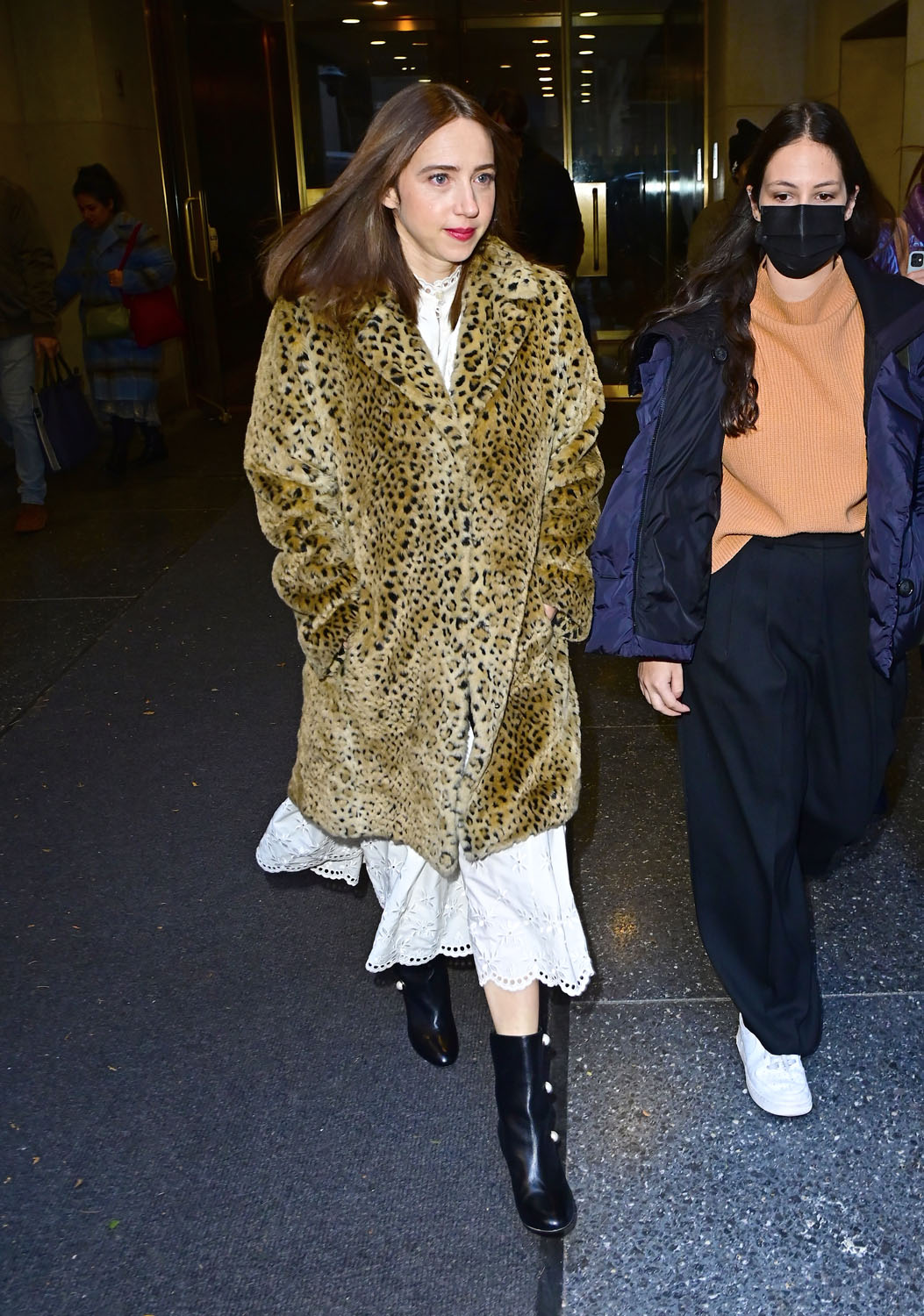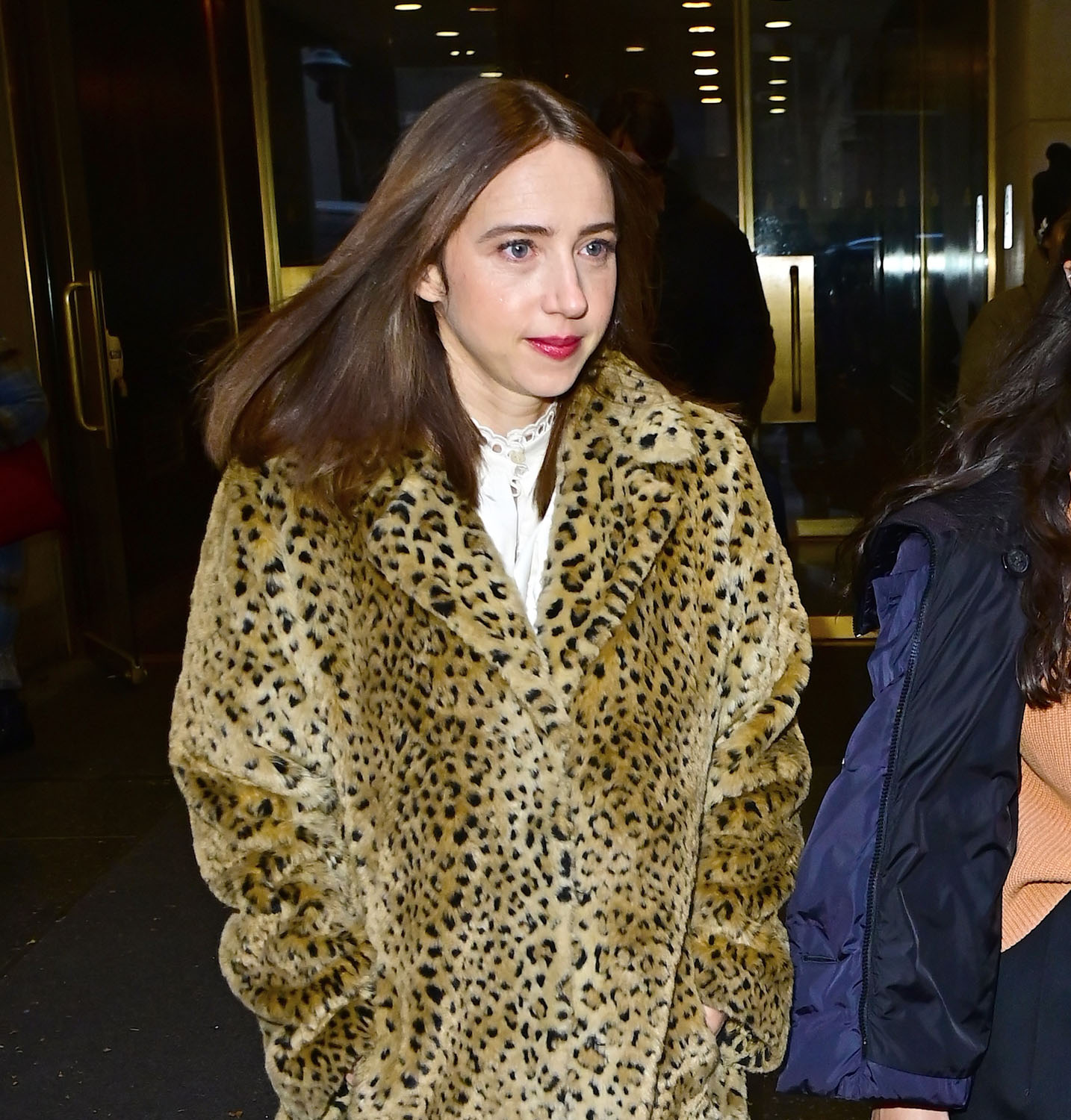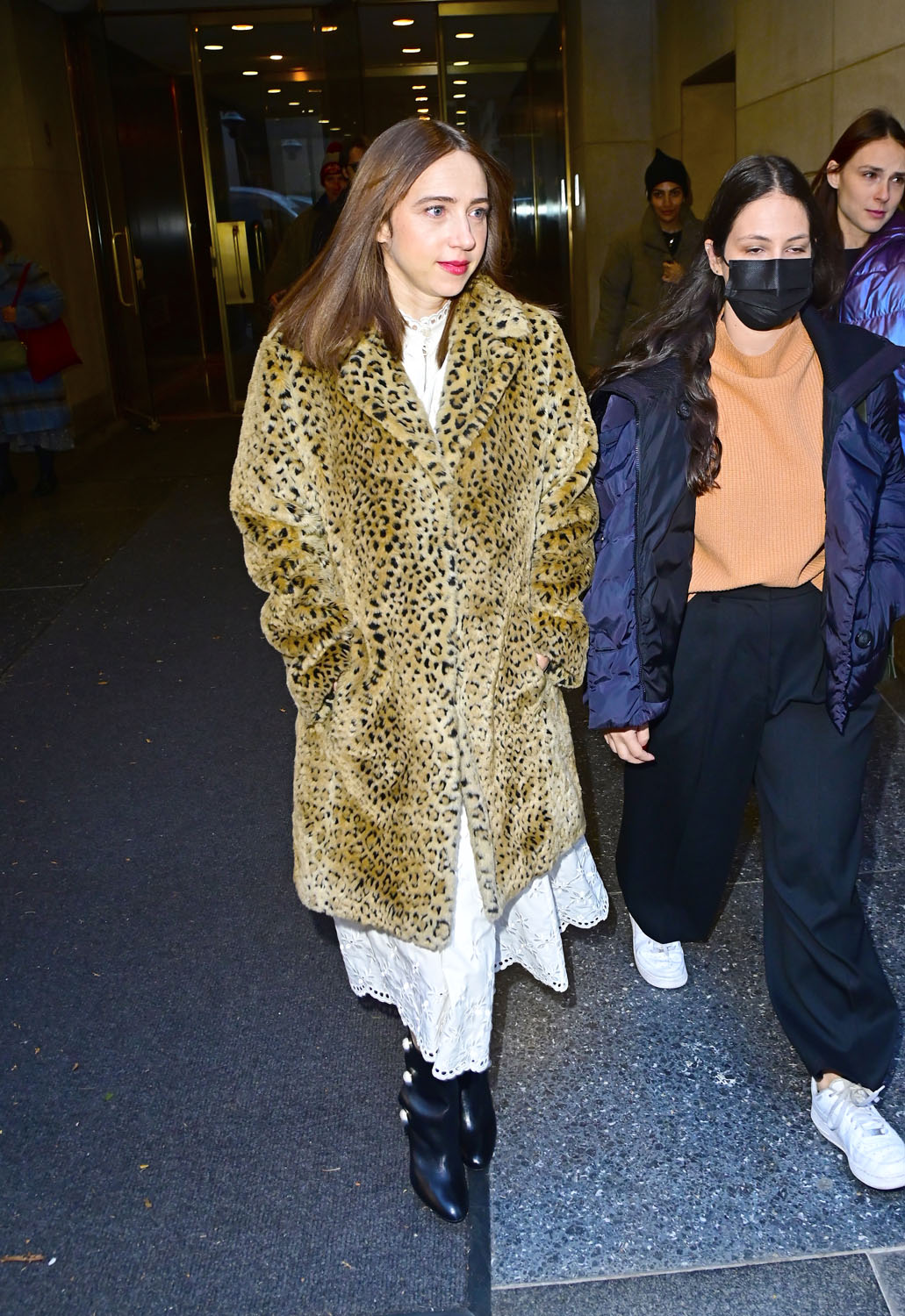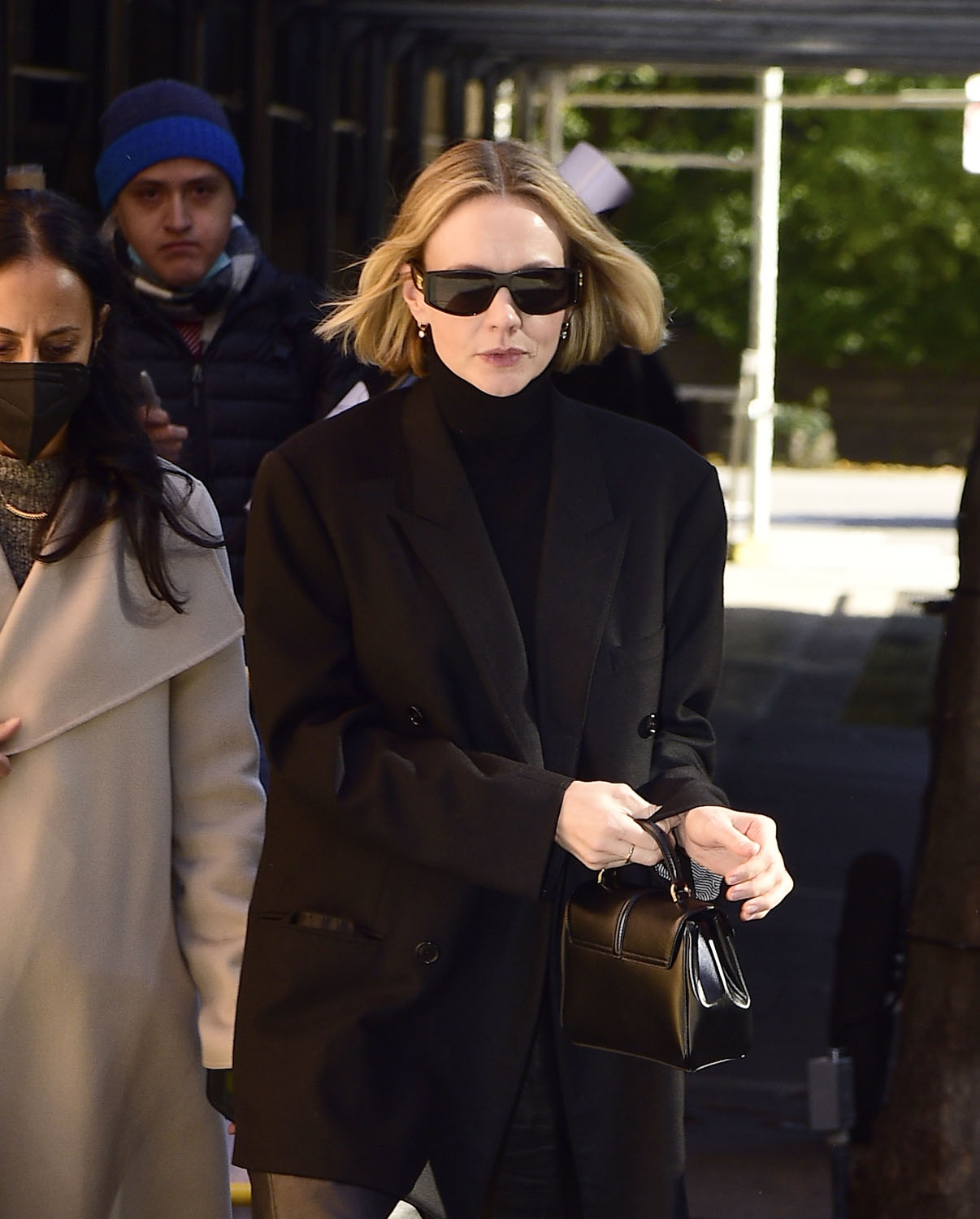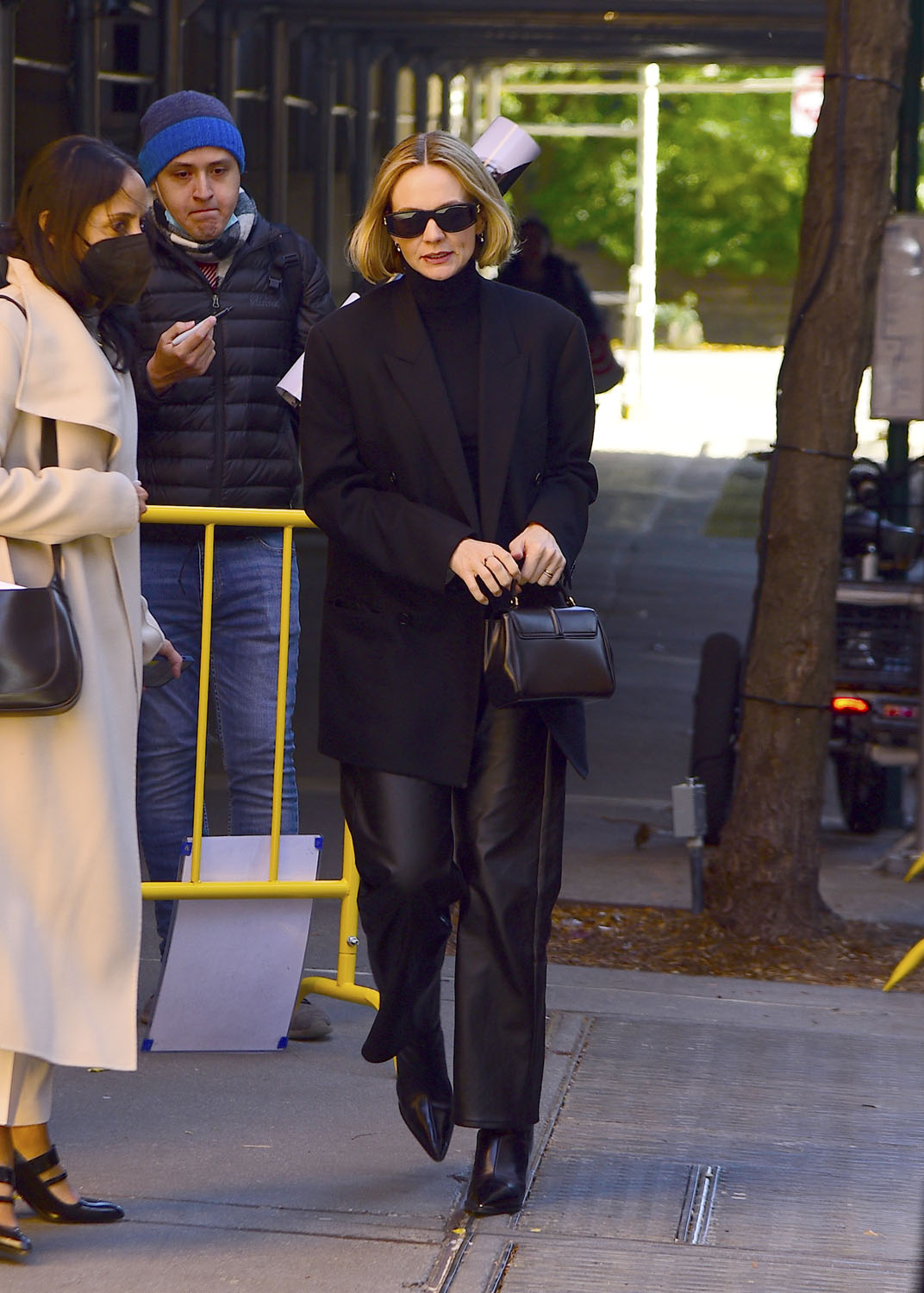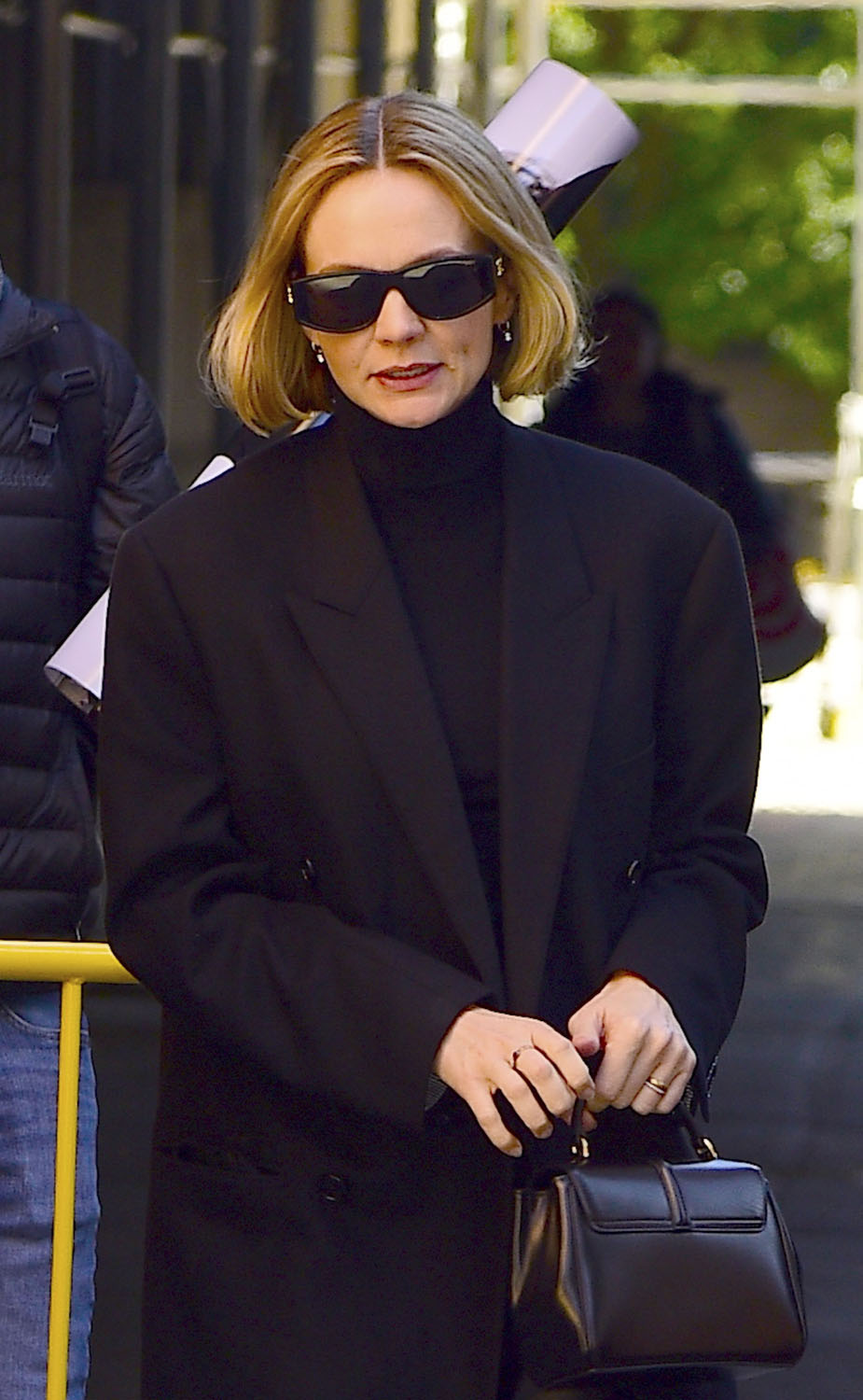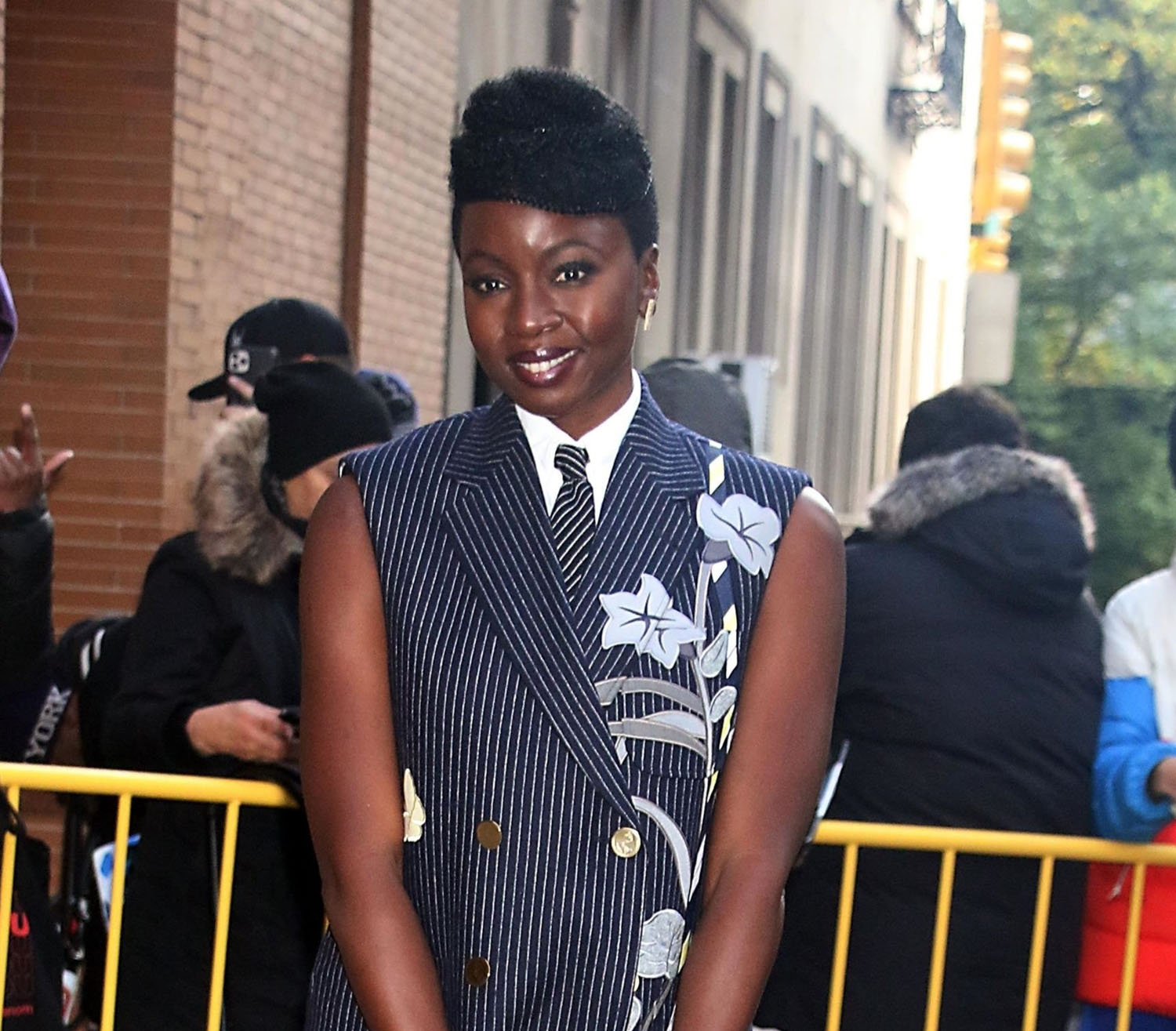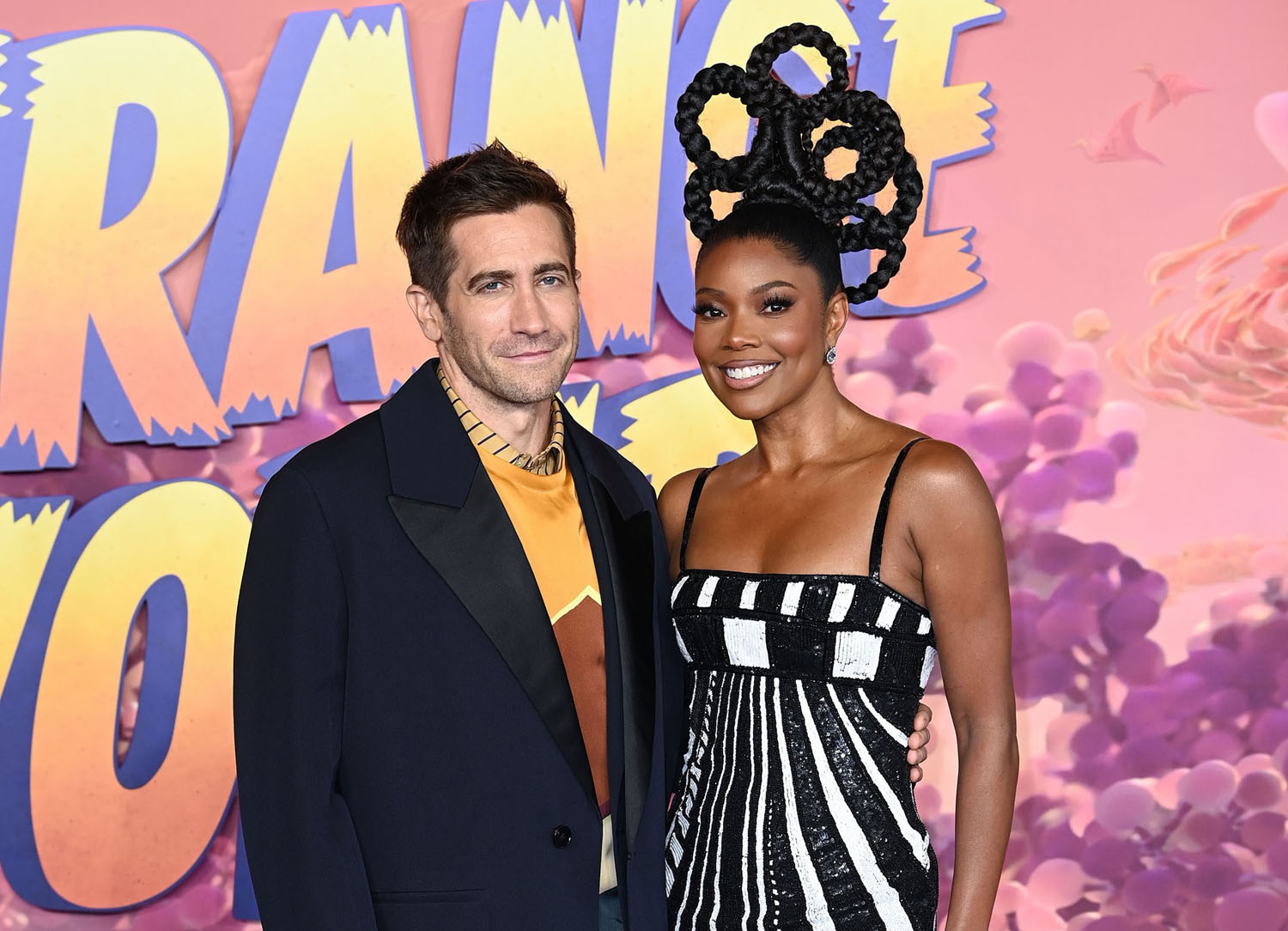Carey Mulligan and Zoe Kazan in She Said


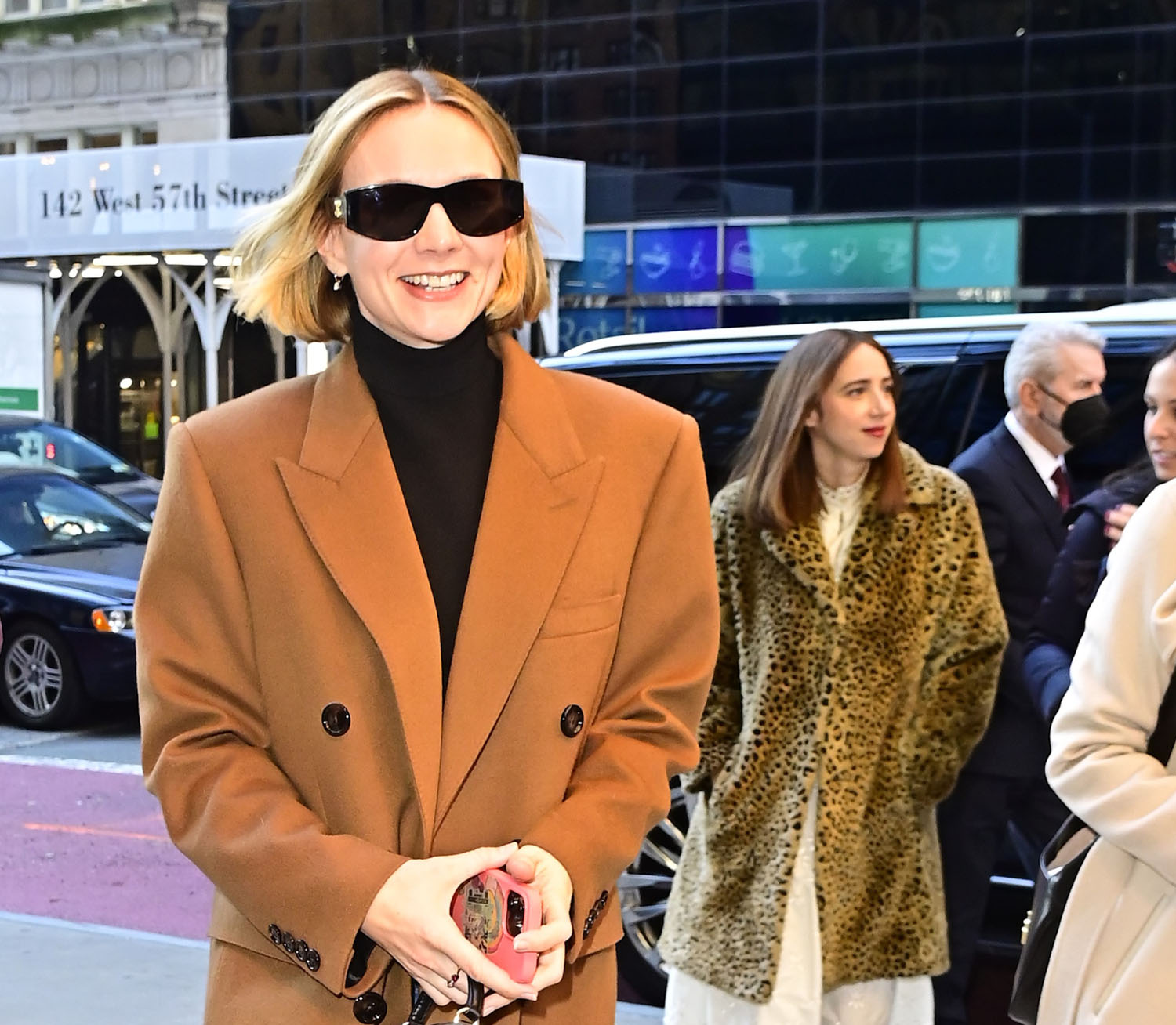
Given the subject matter, it pains me to report that She Said is not very good. Adapted from the book of the same name by journalists Jodi Kantor and Megan Twohey, She Said recounts the months of investigation and work that went into Kantor and Twohey’s Pulitzer Prize-winning bombshell expose on Harvey Weinstein, which propelled the #MeToo movement to new heights in late 2017. Carey Mulligan stars as Megan Twohey, and Zoe Kazan stars as Jodi Kantor. The film is directed by Maria Schrader, from a script adapted by Rebecca Lenkiewicz. Interestingly, She Said is co-produced by Annapurna Pictures, headed by Megan Ellison, who famously hated Weinstein long before his downfall, and Plan B, owned by Brad Pitt, who worked with Weinstein despite two of his romantic partners informing him of Weinstein’s abuse. Sadly, this behind-the-scenes drama is far more interesting than anything happening on screen.
Print journalism has an illustrious history in cinema. In just the past few years, two movies about newspapers have been nominated for multiple Academy Awards, including Best Picture: Spotlight in 2015, and The Post in 2017. And, of course, there is All The President’s Men, the template for the modern print journalism film. Movies about investigate journalism have an air of thriller about them, the stakes are always high, The Truth is on the line, the scrappy reporters are always trying to take down An Institution which has, undoubtedly, become corrupted by unchecked power. Despite often being set within the toniest halls of Fourth Estate power, the journalists themselves are usually depicted as working-class underdogs, fighting on behalf of the little guy. She Said has all of these elements, but one huge disadvantage: it takes place in the digital era.
Computers and phones are simply not interesting on screen. She Said is compelling in fits and starts, whenever it focuses on the human drama of women, long silenced by fear, shame, and an insidious network of lawyers and professional threats, telling stories they have held inside for years, even decades. Kazan and Mulligan make for sympathetic proxies as Megan and Jodi, though their own personal dramas--Megan is dealing with post-partum depression, Jodi struggles to balance her career, her husband’s career, and their family—are only thinly contextualized. Megan’s depression fades the moment she gets back to work, Jodi often mentions the need to “figure out” her home schedule but it is never actually a problem. These are ideas of conflict, not actual conflict for characters to overcome, because no real time is given to fleshing these threads out.
A lot of time is given to the survivors of Weinstein, though, and when Schrader focuses on a survivor’s story, She Said shines. Assaults are not recreated on screen, instead Schrader and cinematographer Natasha Braier stage life size dioramas in hotel rooms, the camera gliding silently through hotel hallways and lingering on discarded clothes, or water splashing off a shower enclosure. The effect is haunting, especially when paired with superbly acted recounting of these events. Ashley Judd, the only celebrity to go on the record in Kantor and Twohey’s New York Times expose, plays herself, but the other survivors are played by a string of impressive actresses. Jennifer Ehle stars as Laura Madden, a bright-eyed production assistant whose career was derailed by Weinstein in the early 1990s; Samantha Morton plays Zelda Perkins, who came to the defense of her friend and co-worker after an assault; Angela Yeoh stars as Rowena Chiu, who attempted suicide after Weinstein assaulted her at the Venice Film Festival. These recollections are powerful, painful, and cathartic.
It's actually kind of devastating the rest of the film doesn’t live up to these moments. Besides the faltering personal dramas of Megan and Jodi, She Said struggles with simple reality—this story involves a huge number of texts, emails, and typing. To date, no one has ever successfully made texting cinematic, and Maria Schrader doesn’t figure it out, either. The amount of time characters spend staring at screens is dehumanizing and disconnecting, and kills the momentum of the story. Journalism stories are inherently thrillers, but there’s nothing thrilling about watching someone click “Publish” on a screen. I’m sure this is how it really happened, with people gathered around a computer for a last read through before publishing, but I can’t help but think what She Said needs in the pivotal moment is a shot of the paper going to print, the literal machinery of truth groaning into action. Instead, we get the quiet “tk-tnk” of a mouse button releasing. It’s just anti-climactic.
The important thing is that the survivors’ stories are told, though, right? Well, yes, but their stories have been told, twice. Once in the initial reporting, and again in Twohey and Kantor’s book. Not everything has to be a movie, and the inescapable feeling of She Said is that it is best served as a book, where the anti-cinematic quality of texting and emailing doesn’t matter a whit. The performances are very good—Andre Braugher is TERRIFIC as NYT editor Dean Baquet, who has dealt with Weinstein before and is 100% OVER IT—but the film is visually uninteresting and the problem of digital reporting looms over the whole piece. It’s a thriller with no thrills, and while the film provides a certain catharsis, just reading the stories in these women’s own words provides the same outlet. She Said is weirdly inert for such a vital story. It’s just…listless.
She Said is exclusively in theaters from November 18, 2022.

